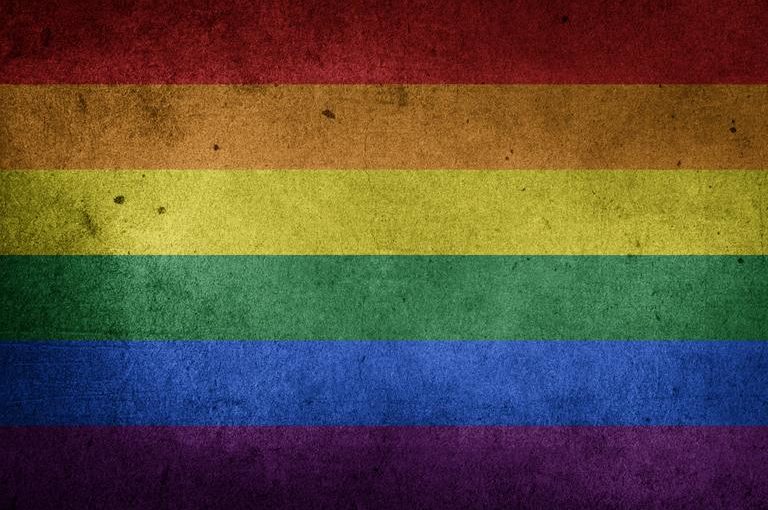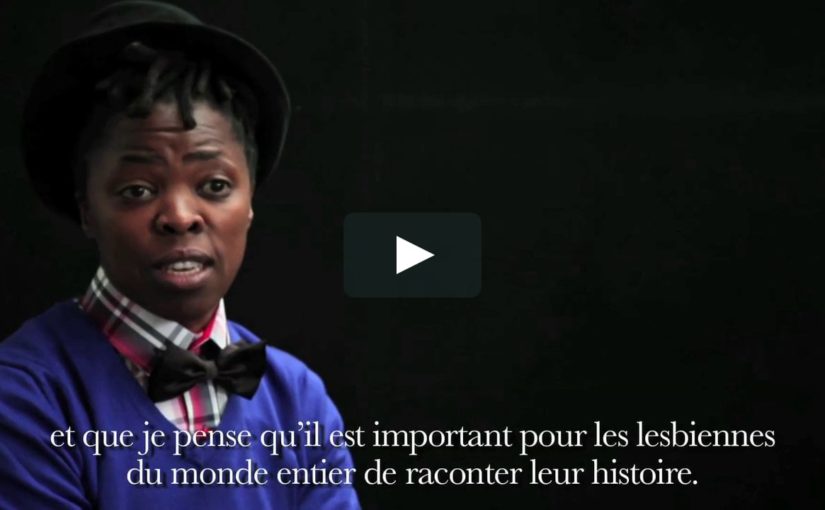Llegir a: Vilaweb (Xavier Montanyà)
L’homosexualitat es considera una malaltia mental
Hi ha violència sexual, embarassos forçats, explotació sexual infantil i alta mortalitat de transsexuals per causes que l’estat podria solucionar
El col·lectiu LGTBIQ+ guineà Somos Parte del Mundo va fer públic el mes passat l’informe: “Homofòbia d’estat a Guinea Equatorial”. L’estudi documenta les agressions als drets humans que en aquell país reben les persones lesbianes, gais, bisexuals, transsexuals, intersexuals i més identitats de gènere, per part de la llei, la policia i les forces de seguretat. La llei vigent és la Ley de Vagos y Maleantes de la dictadura franquista de 1954. També remarca el “rebuig familiar i social i el rol destacat de l’Església catòlica com a instigadora d’un avantprojecte de llei en curs que està destinat a derrocar la personalitat jurídica de les persones homosexuals”.
 Inclou una conversa amb l’escriptora Trifonia Melibea Obono (Guinea Equatorial, 1982) autora, entre més obres, de La Bastarda (2016, Flores Raras) i Yo no quería ser madre (Egales, 2019). És llicenciada en ciències polítiques i en periodisme i màster en cooperació internacional. Treballa a la Universitat Nacional de Guinea Equatorial com a docent i investigadora en qüestions de dona i gènere a l’Àfrica.
Inclou una conversa amb l’escriptora Trifonia Melibea Obono (Guinea Equatorial, 1982) autora, entre més obres, de La Bastarda (2016, Flores Raras) i Yo no quería ser madre (Egales, 2019). És llicenciada en ciències polítiques i en periodisme i màster en cooperació internacional. Treballa a la Universitat Nacional de Guinea Equatorial com a docent i investigadora en qüestions de dona i gènere a l’Àfrica.
Altres documents:
Rusly Cachina Esapa es una mujer trans de 24 años nacida en Guinea Ecuatorial, de Lucía Mbomío
El programa ‘Quin Orgull!’ conduït per Oriol Serra ha entrevistat a Melibea Obono, dona, del col·lectiu LGTBI i de Guinea Ecuatorial.




